In the realm of renewable energy, small-scale distributed photovoltaic (PV) power stations have emerged as a promising solution for generating clean electricity.
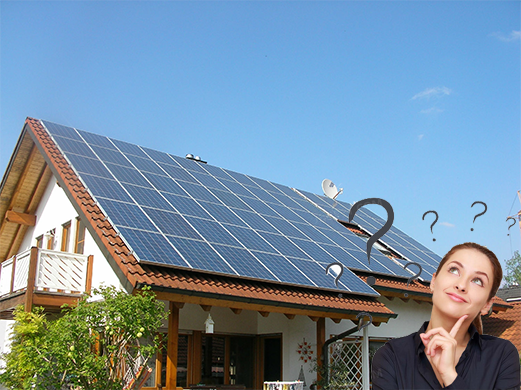
However, selecting the right components for these systems involves a careful consideration of various factors, including technological pathways, conversion efficiency, costs, and available space. Here’s a detailed guide to aid in making informed decisions when choosing components for small-scale distributed PV power stations:
Technological Pathways:
PV modules come in two main technological pathways: monocrystalline silicon solar panels, and thin-film solar panels (such as cadmium telluride CdTe and copper indium gallium selenide CIGS). Each technology has its own set of advantages and disadvantages. Monocrystalline silicon panels offer high efficiency, large production volume, and relatively low costs. Thin-film panels boast simple manufacturing processes and good stability, although their conversion efficiency typically lags behind silicon-based materials.
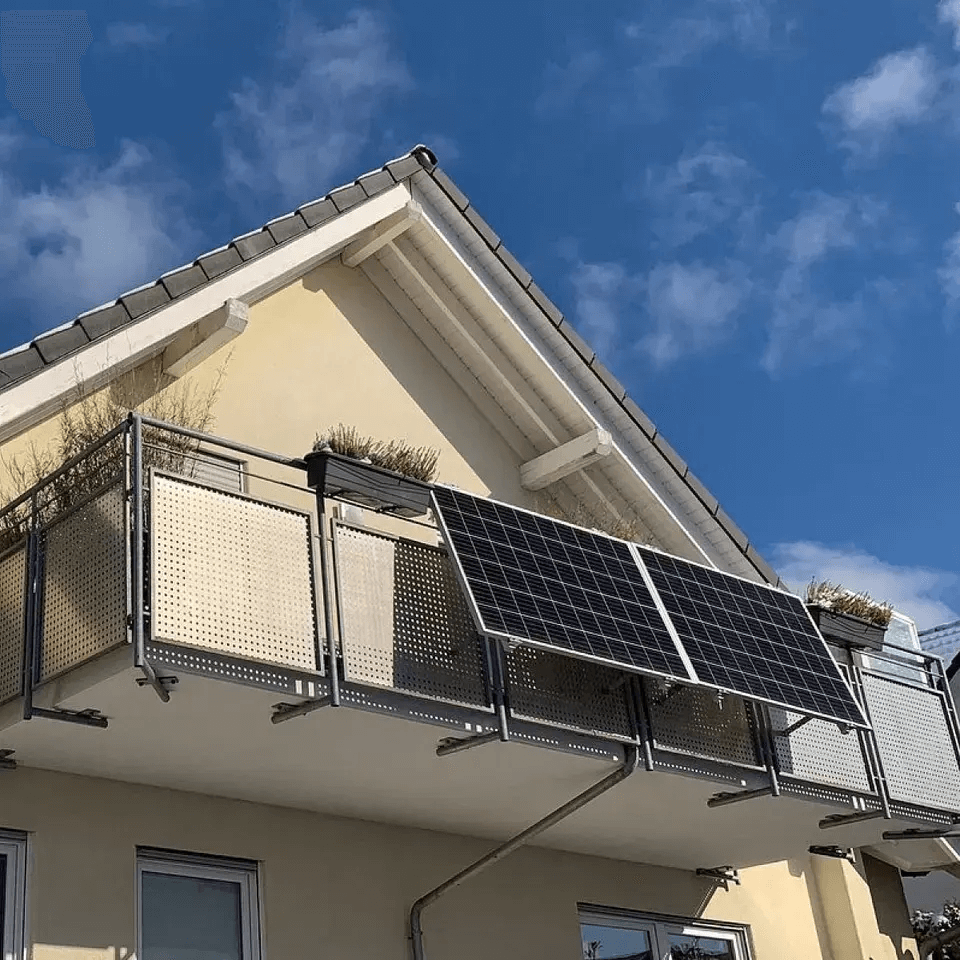

⬆ Thin-film solar panels
⬅ Monocrystalline silicon solar panels
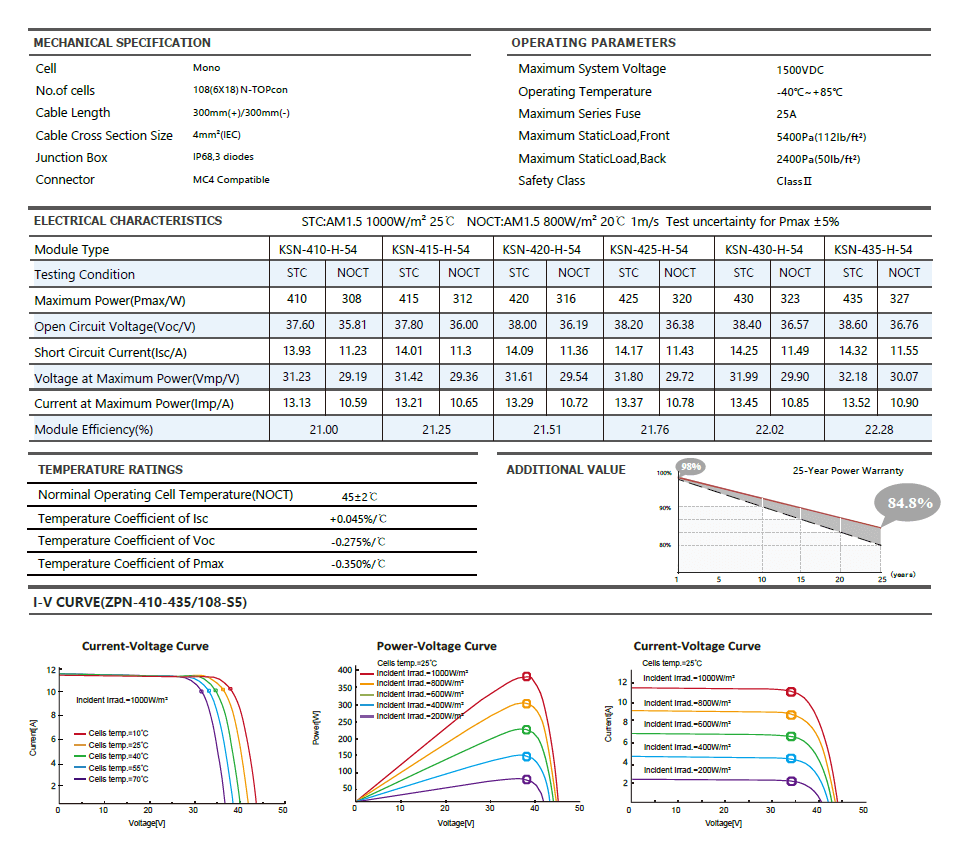
Conversion Efficiency:
Conversion efficiency is a critical metric for assessing PV module performance. When selecting components, it’s essential to determine whether high-efficiency modules are necessary based on the project’s specific requirements and budget constraints.

Cost Considerations:
Cost plays a significant role in project economics. While monocrystalline silicon modules may have higher upfront costs, their higher conversion efficiency can yield greater long-term cost-effectiveness due to increased electricity generation.
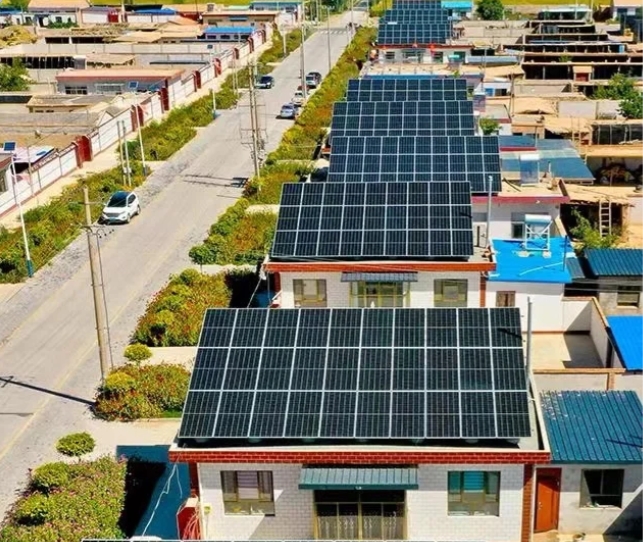
Maximizing Limited Space:
Small-scale distributed PV power stations often face constraints related to limited rooftop space. To optimize utilization, consider using 60-cell modules, which allow for the installation of more panels within the available space, thereby enhancing overall electricity generation capacity.
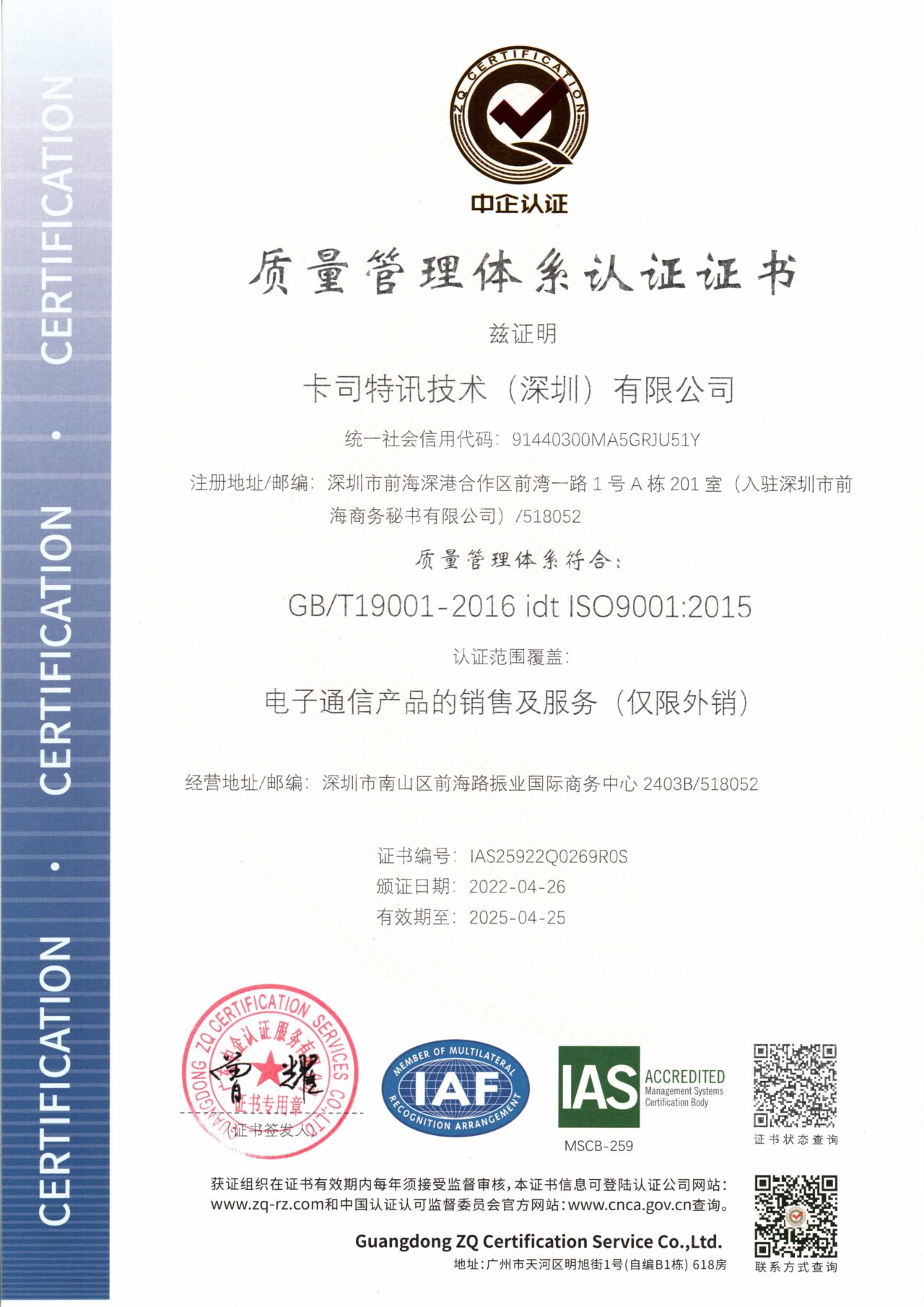
Reliable Brands and Certifications:
Choosing components from reputable brands ensures quality and reliable after-sales service. Look for PV module manufacturers with established reputations in the industry. Additionally, prioritize modules that have obtained international certifications such as TUV IEC61215 and IEC61730, ensuring compliance with quality and safety standards.
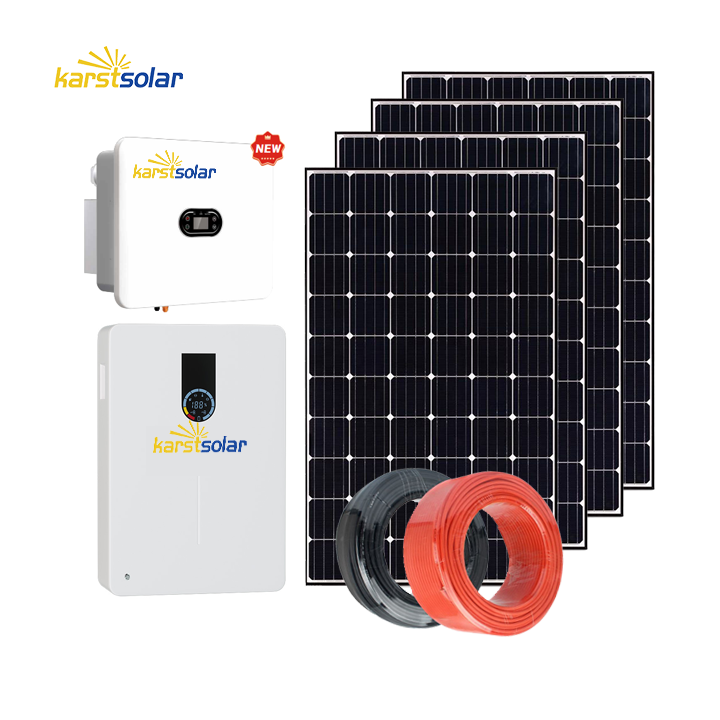
Other System Components:
In addition to PV modules, consider the compatibility and quality of other system components such as inverters, batteries, and mounting structures. A holistic approach to system design and component selection is essential to ensure optimal performance and longevity.
In conclusion, selecting components for small-scale distributed PV power stations requires a comprehensive assessment of technological pathways, conversion efficiency, costs, available space, brand reputation, and quality certifications. By carefully evaluating these factors and engaging with multiple suppliers, project stakeholders can make informed decisions to create efficient and economically viable solar energy solutions.
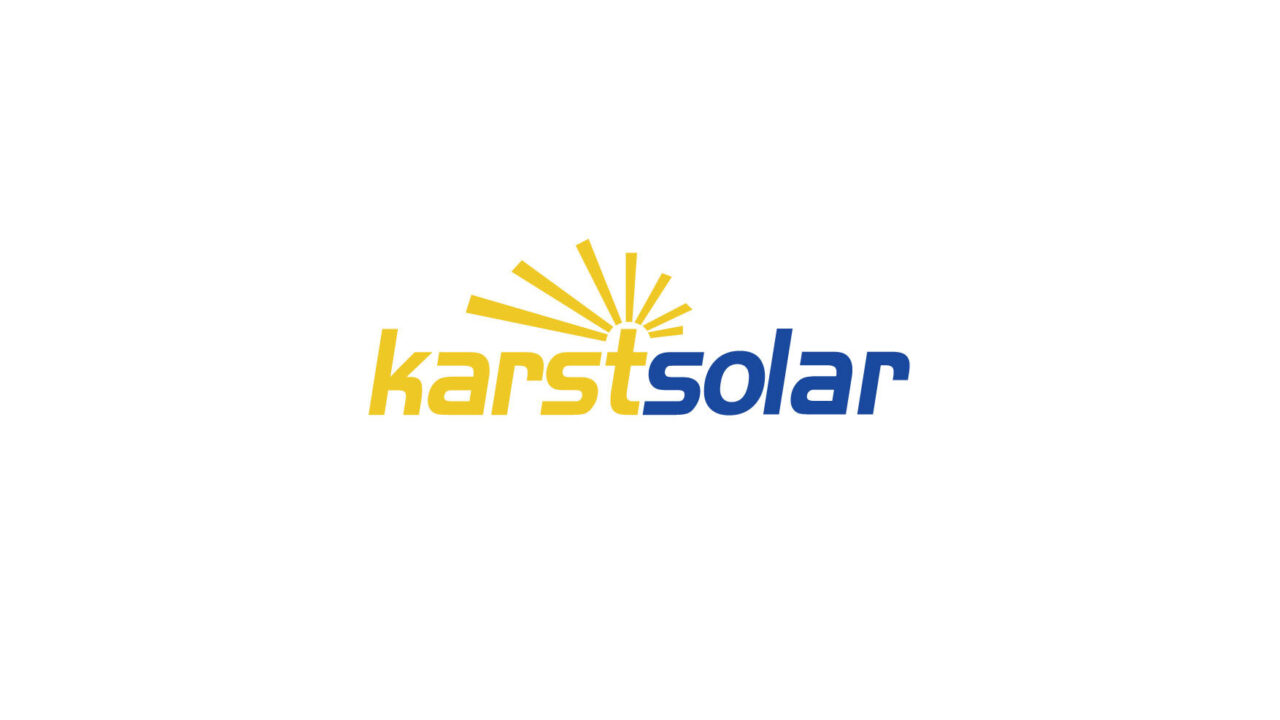
Karstsolar, based in Shenzhen, is a company dedicated to solar panel production and international trade. Founded in 2009, Karstsolar boasts extensive experience in solar technology and a remarkable track record in global market expansion. We take pride in delivering efficient and reliable solar solutions to clients worldwide.
